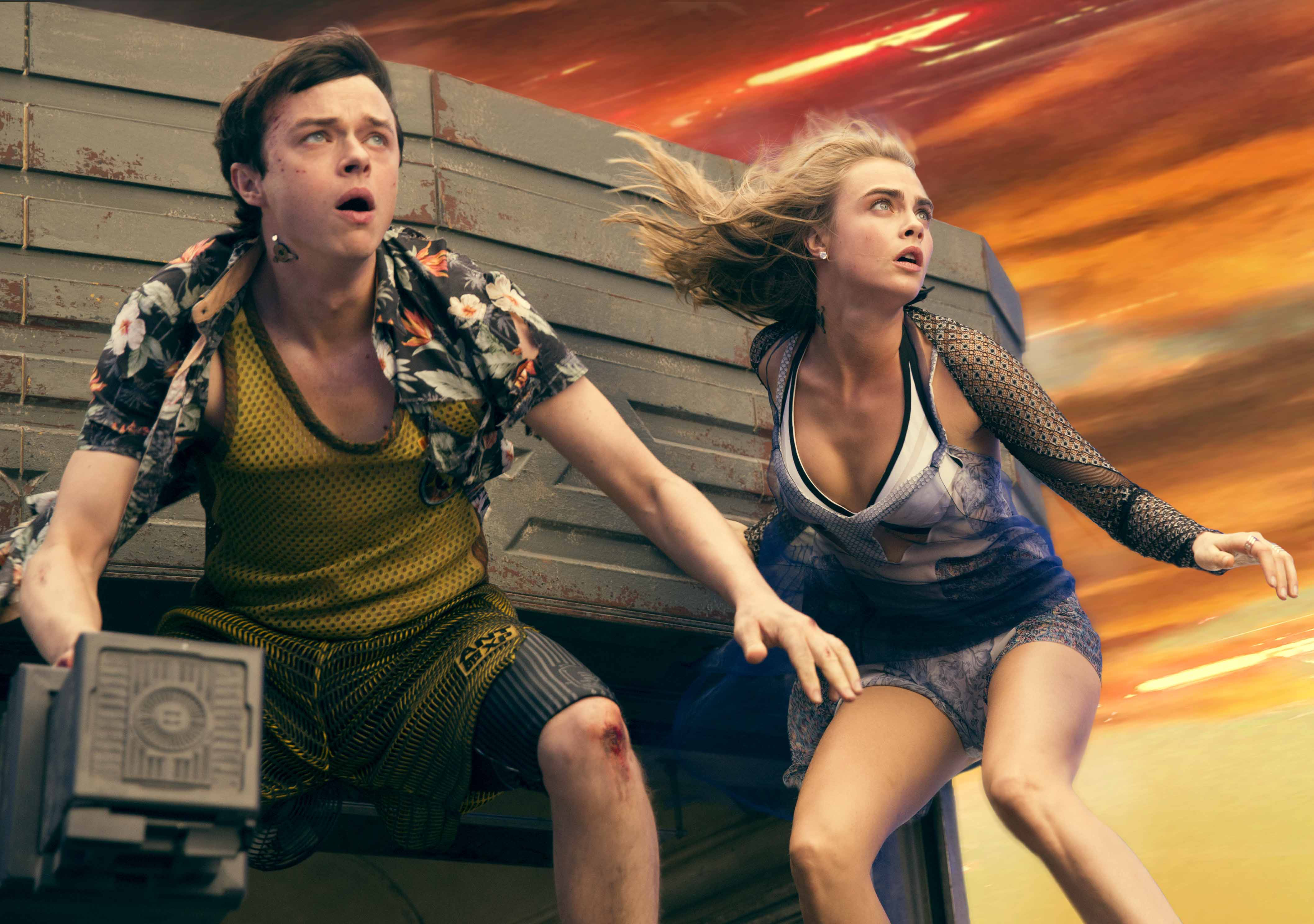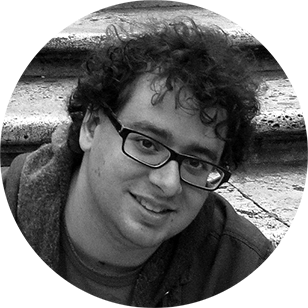The delirious excess of Valerian
Luc Besson's new space adventure is even trippier than The Fifth Element


A free daily email with the biggest news stories of the day – and the best features from TheWeek.com
You are now subscribed
Your newsletter sign-up was successful
Luc Besson isn't the least likely candidate for a major Hollywood comeback, but it's still a little surprising to see him tossed into the big-budget summer mix with movies like 2014's Lucy and this week's Valerian and the City of a Thousand Planets. The French Besson broke out in the U.S. with his English-language action movies The Professional and The Fifth Element, but the latter turned 20 this year, and many of his subsequent features either didn't perform well in this country or weren't released here at all.
But Lucy, starring Scarlett Johansson as a woman whose brain potential is unlocked by a dangerously potent synthetic drug, was a big worldwide hit, and now Valerian returns him to the sci-fi opulence of The Fifth Element. It's a French production — one of the biggest ever — but clearly built for international consumption. It's in English (only a few of its aliens speak anything else), it employs a variety of effects companies including Industrial Light and Magic and WETA, and it's both easy on the eyes and foggy on the brain. It is, in other words, as Luc Besson as movies get.
The Fifth Element was famously first conceived by Besson as a teenager. He can't exactly say the same for Valerian, but only because it's based on someone else's comics series, Valerian and Laureline — which Besson probably first read as a teenager or younger (the books first came out in 1967, when Besson was 8). As with Fifth Element, the movie begins centuries before its story does. As David Bowie's "Space Oddity" strums on the soundtrack, we observe a series of space-station meetings between astronauts of different races — and then, as time passes, eventually different species. By the 28th century, the station has moved out of Earth's orbit and grown into Alpha, a planet-sized conglomeration of alien races and environments. Producers of "big" movies like to go on about world-building, and it's unlikely another movie this year will match the concise and entertaining construction Besson chronicles here.
The Week
Escape your echo chamber. Get the facts behind the news, plus analysis from multiple perspectives.

Sign up for The Week's Free Newsletters
From our morning news briefing to a weekly Good News Newsletter, get the best of The Week delivered directly to your inbox.
From our morning news briefing to a weekly Good News Newsletter, get the best of The Week delivered directly to your inbox.
On top of this opening, Besson adds another (the seeming destruction of a beachy planet that's colored like the inside of a particularly vibrant seashell), and then still another, introducing Valerian (Dane DeHaan) and Laureline (Cara Delevingne) as agents seeking out a MacGuffin on yet another planet. Eventually, the pair is called to Alpha to begin the actual story, which involves the aliens from the movie's second opening sequence.
The story doesn't matter very much, frankly. Besson isn't much for suspense, or narrative momentum, or even, really, action chops. Lucy was sold as an action movie about ScarJo kicking ass, but emphasizes tripped-out psychedelia over memorable fight sequences. Similarly, Valerian's big sequences aren't triumphs of choreography or timing, but rather sheer visual invention. This movie teems with chattering creatures, with alien hideaways that Valerian bursts through like rooms of a flimsy-walled apartment building, with outlandish costumes, from astronaut armor to a shapeshifting cabaret-fetish gear. At one point, Valerian is enveloped by the aforementioned shapeshifting singer, voiced and (when in human form) played by Rihanna, who then disguises herself as one of many hostile, pear-shaped aliens to blend in with a crowd, essentially placing two characters inside the body of a third — before they burst forth and take up swords, naturally.
In other words, the movie's currency is its delirious excess. Another filmmaker might make an interdimensional chase his showstopping finale. Besson uses it for his warmup (though this does leave the climax somewhat lacking).
For all of his trippiness, though, love is still Besson's drug of choice, and he's wacked out of his mind on it. The movie evidently has an old-fashioned notion of romance: Early on, Valerian professes to want to marry Laureline despite the two seeming to share little more than some playful roughhousing and a relatively chaste kiss. If the dialogue was more sophisticated, it might feel like a '30s screwball relationship; instead, it's more akin to a couple of kids on the playground acting out their crushes. DeHaan and Delevigne both have a comic-book expressiveness: Her big eyes guarded by aggressive eyebrows go up against his emaciated-DiCaprio handsomeness. Are they good in this movie? It's hard to say. They're very likable, especially Laureline's insistence and impatience, while their dialogue suffers from what sounds like clunky French-to-English translation issues. Neither of them can bend the lines enough to sound witty; their romance might as well play out in mime.
A free daily email with the biggest news stories of the day – and the best features from TheWeek.com
But like everything else in the movie, they're fun to watch. Valerian and the City of a Thousand Planets ultimately doesn't transcend the Besson model. This isn't the movie where he summons all of his visual strengths, applies some disciplined storytelling, and comes up with something where the primary emotion isn't just dippy infatuation. Valerian has nothing like the scene in Lucy where Johansson calls her mom and talks about her enhanced memories of infancy as she, essentially, bids her humanity goodbye. It will probably not win Besson many new fans; it may not even be a hit in this country. But in a summer season increasingly dominated by five-quels, minions, and superheroes, Besson's unfettered nuttiness is a relief.
Twenty years ago, The Fifth Element was a charming oddity. Now that oddness feels like a genuine event.
Jesse Hassenger's film and culture criticism has appeared in The Onion's A.V. Club, Brooklyn Magazine, and Men's Journal online, among others. He lives in Brooklyn, where he also writes fiction, edits textbooks, and helps run SportsAlcohol.com, a pop culture blog and podcast.
